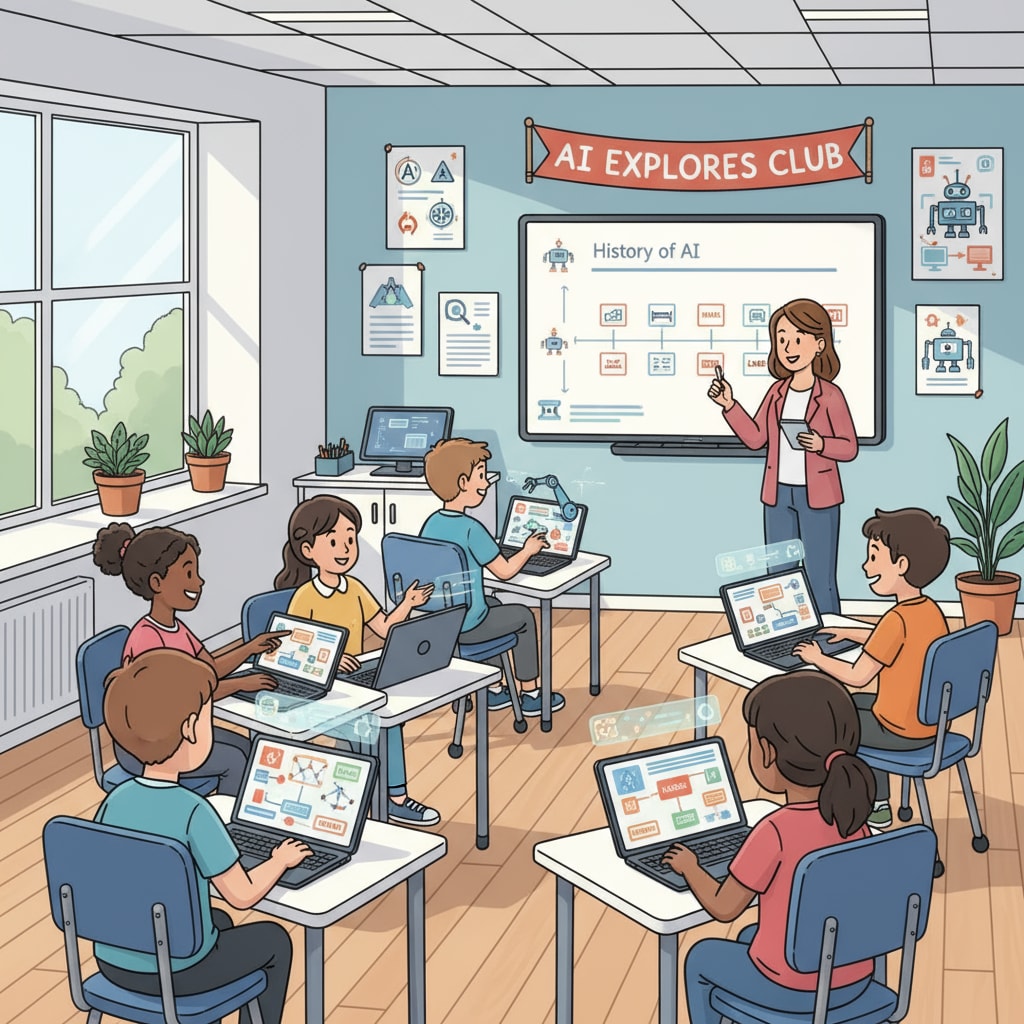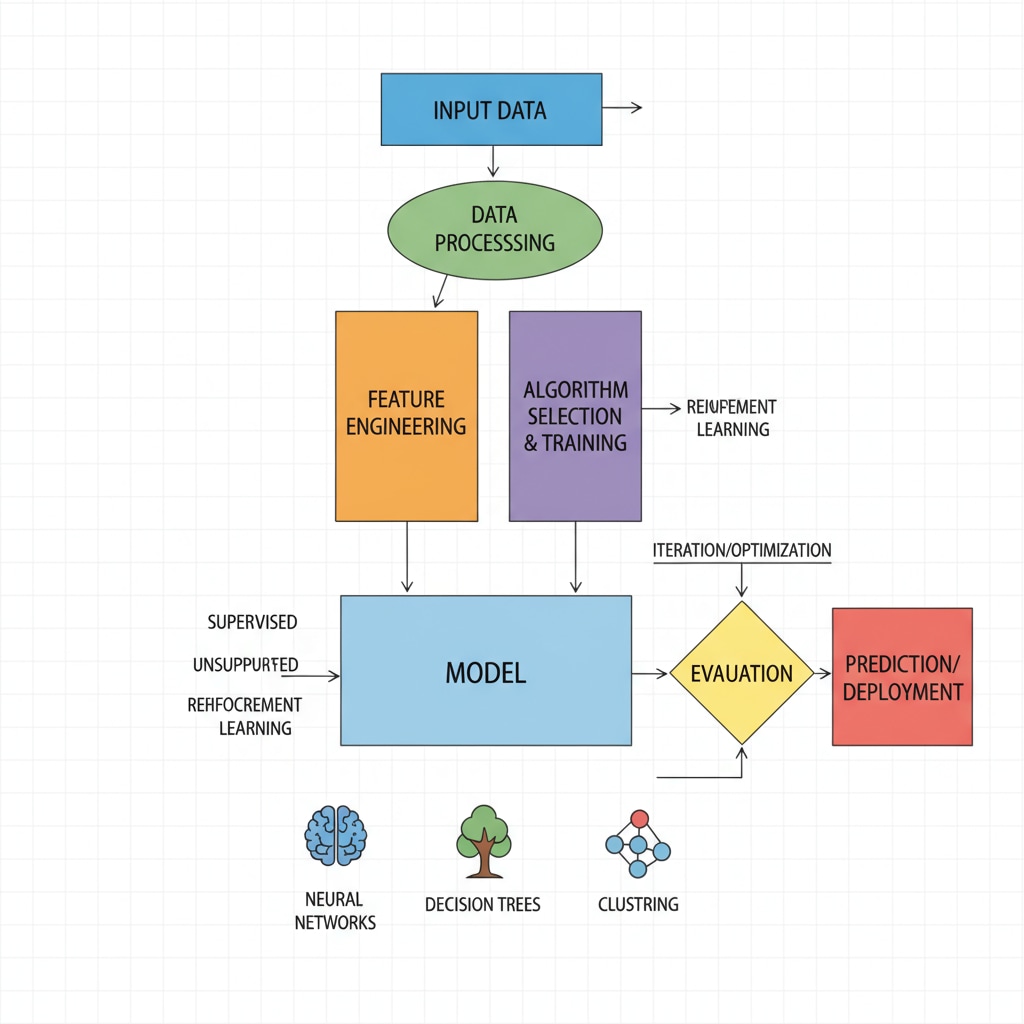AI courses, prompt engineering, and educational development are revolutionizing the landscape of K12 education. As artificial intelligence technology continues to advance at an unprecedented pace, the K12 education system is on the verge of a historic transformation with the introduction of AI literacy courses. These courses hold the key to preparing students for the challenges and opportunities that lie ahead in the AI-driven future.

The Content of AI Specialized Courses
The content of AI specialized courses in future schools is likely to be comprehensive. It will start with the basics of AI, such as what AI is, how it works, and its various applications in different fields. For example, students will learn about machine learning algorithms (the methods that allow machines to learn from data), which are the foundation of many AI systems. In addition, they will study natural language processing, which enables machines to understand and generate human language. This knowledge is crucial as AI is increasingly being integrated into communication tools, virtual assistants, and content generation platforms. Artificial intelligence on Wikipedia

Teaching Methods for AI Courses
When it comes to teaching methods, hands-on learning will be a key approach. Students will have the opportunity to work on real-world projects, applying AI concepts they have learned. For instance, they could develop a simple AI model to classify images or create a chatbot. This practical experience will not only enhance their understanding of AI but also improve their problem-solving skills. Moreover, interactive teaching tools, such as online simulations and educational games, will be used to make the learning process more engaging. Teachers may also incorporate guest lectures from AI experts to expose students to the latest industry trends and insights. Artificial intelligence on Britannica
The introduction of AI courses in K12 education also has significant social implications. It helps to bridge the digital divide by ensuring that all students, regardless of their background, have access to AI education. This, in turn, promotes equal opportunities in the future job market, as AI skills are becoming increasingly valuable. Additionally, by teaching students about AI, we are cultivating a generation of responsible AI users who understand the ethical and social implications of this technology. They will be able to make informed decisions and contribute to the development of AI in a positive way.
Readability guidance: The content is presented in short paragraphs for better readability. Key points are summarized clearly. The use of hands-on learning and interactive teaching methods are highlighted. Passive语态 is minimized, and transition words like ‘for example’ and’moreover’ are used to connect ideas.


